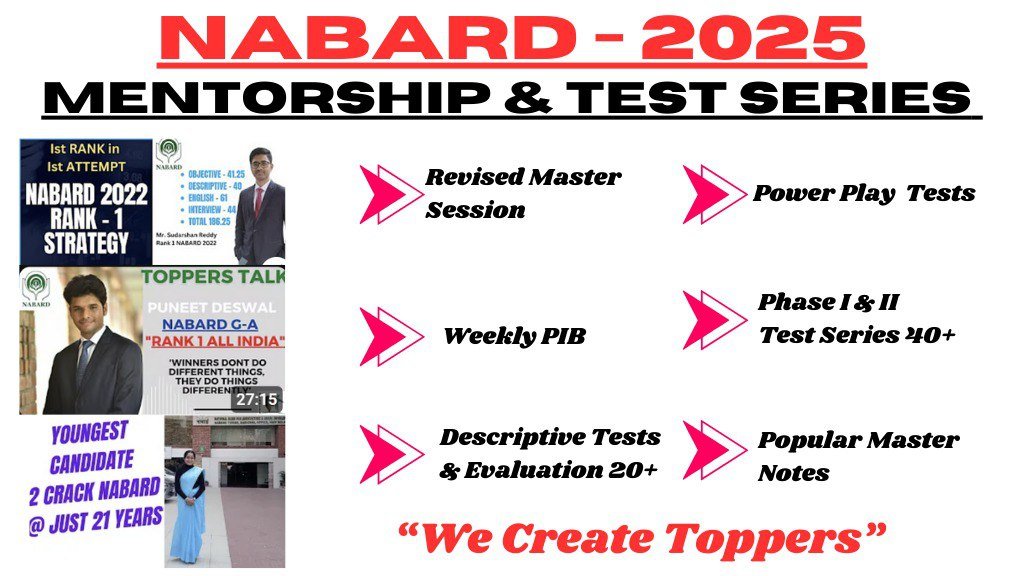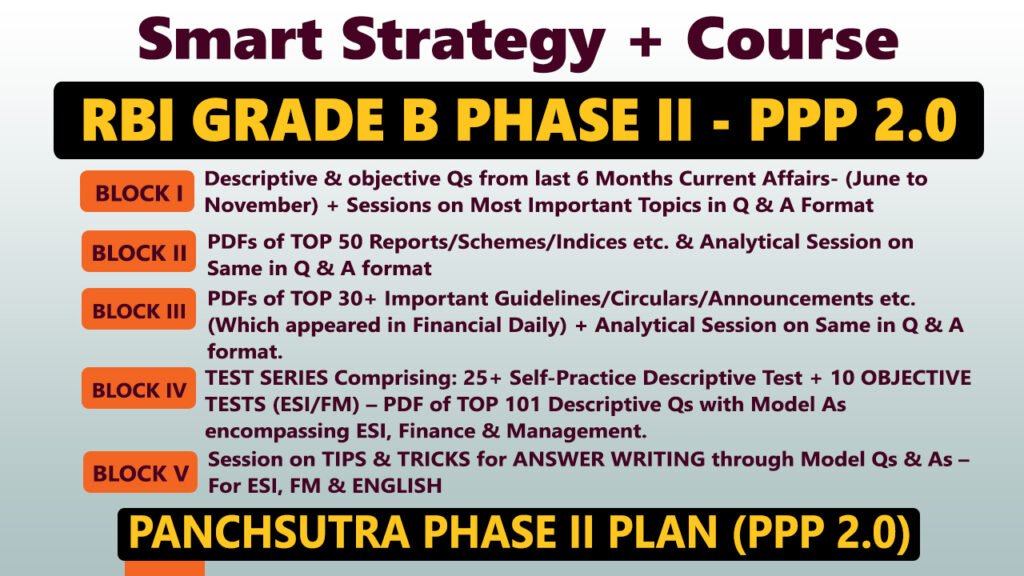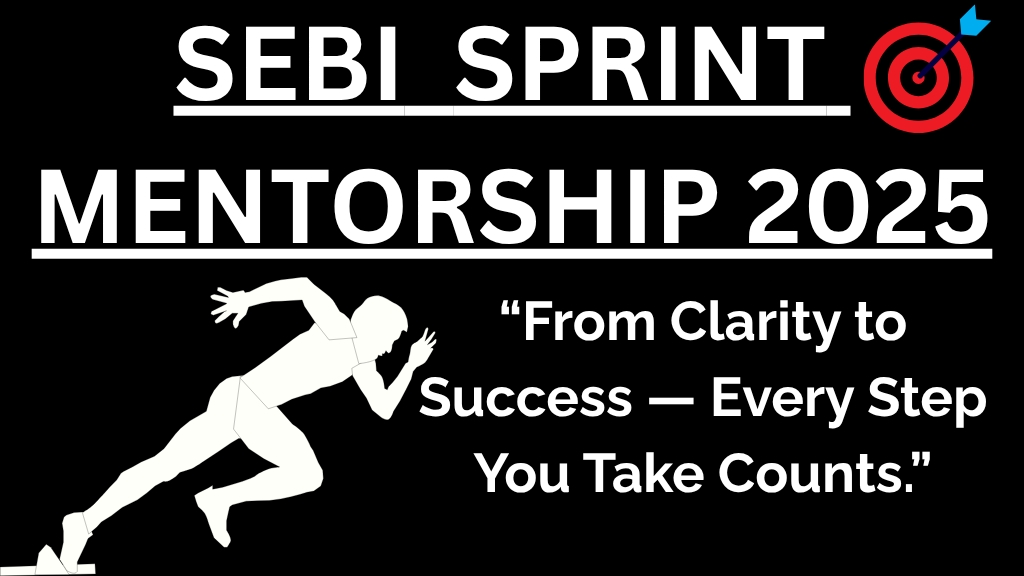Context:
World Economic Forum (WEF) is hosting its Annual Meeting from 20–24 January 2025 Davos-Klosters, Switzerland.
Theme: WEF 2025’s theme is “Collaboration for the Intelligent Age,” highlighting the importance of partnerships for a future driven by sustainable innovation and technological advancements.
World Economic Forum (WEF)
About
WEF is the International Organization for Public-Private Cooperation. The Forum engages the foremost political, business, cultural and other leaders of society to shape global, regional and industry agendas.
- Headquarter
- Geneva, Switzerland.
- Established
- 24 January, 1971
- Background
- In 1971, German professor with mechanical engineering as a background and having a Master’s in Public Administration from Harvard formed the WEF as the European Management Forum by Klaus Schwab, who coined the term “stakeholder capitalism.”.
- Note
- The European Management Forum was the first non-governmental institution to initiate a partnership with China’s economic development commissions, spurring economic reform policies in China.
Evolution
In 1973 events such as the collapse of the Bretton Woods fixed exchange rate mechanism and Arab-Israeli War made Annual Meeting expand its focus in addition to management issues to economic and social issues.
- After two years, the organization instituted the membership system of ‘the 1,000 leading companies of the world.
- In 1987, the European Management Forum emerged officially to be known as the World Economic Forum, to extend its horizon and provide a facility for dialogue.
- Officially recognized as an International Organization in 2015.
- Financed
- It is normally financed by sponsor corporations whose annual turnover is more than USD 5 billion.
Diplomatic Moments of WEF
- Korean Diplomacy
- North and South Korea held their first ministerial-level talks in Davos.
- German Reunification (1989)
- The East German Prime Minister and the German Chancellor met at WEF for reunification talks.
- South African Milestone (1992)
- South African President de Klerk, Nelson Mandela, and Zulu prince Mangosuthu Buthelezi made their first joint appearance outside South Africa, marking a milestone in the political transition of the country.
- G20 Genesis(1998)
- WEF insisted on the inclusion of major developing countries. Thus, the idea of G20 was born, but initially, it was restricted to finance ministers.
- G20, which was born out of the WEF talks, eventually took the form of a summit.
- Major Reports:
- The WEF comes out regularly with globally recognized reports that include the Global Competitiveness Report and the Global Gender Gap Report, Energy Transition Index, Global Risk Report, and the Global Travel and Tourism Report.
India’s Presence at World Economic Forum (WEF) 2025
- Focus Areas
- Reinventing growth, Investing in People, Restoring trust, Industries in the Intelligent Age, and Protecting the Planet.
- Country Leadership
- Senior ministers: Shri Ashwini Vaishnaw, Shri CR Patil, Shri K. Rammohan Naidu, Shri Chirag Paswan, Shri Jayant Chaudhary.
- State Engagement:
- Leaders from Andhra Pradesh, Maharashtra, Telangana, Tamil Nadu, Uttar Pradesh, and Kerala.
- Dialogue and Conversations
- Panel sessions on sustainability, economic collaborations, innovation, AI, and supply chain diversification.
- More than 65 Indian business representatives attending.
- Economic growth and FDI
- Surpassed US$1 trillion in FDI inflows since April 2000
- FDI in the first half fiscal year up by almost 26% to US $42.1bn.
Source: PIB
UPSC Civil Services Examination Previous Year’s Question (PYQs)
Prelims
Q1. Consider the following provisions under the Directive Principles of State Policy as enshrined in the Constitution of India: (2012)
- Securing for citizens of India a uniform civil code
- Organising village Panchayats
- Promoting cottage industries in rural areas
- Securing for all the workers reasonable leisure and cultural opportunities
Which of the above are the Gandhian Principles that are reflected in the Directive Principles of State Policy?
(a) 1, 2 and 4 only
(b) 2 and 3 only
(c) 1, 3 and 4 only
(d) 1, 2, 3 and 4
Ans: (b)
Q2. A legislation that confers on the executive or administrative authority an unguided and uncontrolled discretionary power in the matter of the application of law violates which one of the following Articles of the Constitution of India?
(a) Article 14
(b) Article 28
(c) Article 32
(d) Article 44
Ans: (a)
Mains
Q. Discuss the possible factors that inhibit India from enacting for its citizens a uniform civil code as provided for in the Directive Principles of State Policy. (2015)



















